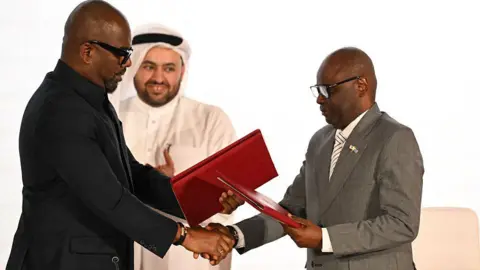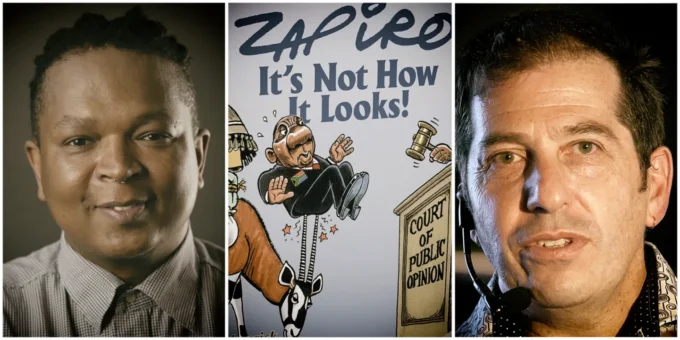Former French President Nicolas Sarkozy has made history as the first ex-head of state in modern France to be jailed, marking a stunning fall from grace for the once-powerful leader. Sarkozy began serving a five-year prison sentence after being convicted of conspiring to illegally finance his 2007 election campaign with funds allegedly provided by the late Libyan dictator Muammar Gaddafi.
The 70-year-old former president arrived at La Santé Prison in Paris early Monday morning under heavy security, where he will serve his sentence in an isolation cell measuring just 9 square meters. The cell is equipped with a bed, toilet, shower, desk, and television, and he will be allowed one hour of daily exercise alone for safety reasons, given the nature of other inmates housed in the facility.
This moment marks the first time a French leader has been jailed since Philippe Pétain, the Nazi collaborationist leader imprisoned for treason in 1945. For many in France, the sight of a former president entering prison is both shocking and symbolic of the deep political and moral reckoning surrounding the case.
Outside Sarkozy’s Paris villa in the upscale 16th arrondissement, more than 100 supporters gathered, responding to a call for solidarity from his son Louis, while another son, Pierre, urged for “messages of love—nothing else, please.” As he was driven to the notorious 19th-century prison in the Montparnasse district, Sarkozy posted a defiant message on X, insisting that “truth will prevail” and condemning what he called “a France humiliated by revenge.”
“With unwavering strength I tell the French people—it is not a former president they are locking up this morning, it is an innocent man,” Sarkozy wrote. “Do not pity me, for my wife and my children stand by me. But I feel deep sorrow for my country.”
The former leader, who governed France between 2007 and 2012, has always denied any wrongdoing in what has come to be known as the “Libya funding affair.” Prosecutors accused him of accepting millions in illegal cash from Gaddafi’s regime to bankroll his presidential bid, a claim he continues to reject. Sarkozy was convicted of criminal association alongside two of his closest allies, Brice Hortefeux and Claude Guéant, both of whom held talks with Gaddafi’s intelligence chief in 2005. The meetings were reportedly arranged by Ziad Takieddine, a Franco-Lebanese fixer who later died in Lebanon before Sarkozy’s conviction.
Although the court acknowledged that Sarkozy did not personally receive the money, it ruled that his associates’ activities were conducted under his political direction. Despite his appeal—under which he remains legally innocent—judges ordered his imprisonment, citing the “exceptional seriousness” of the offense and the need to uphold accountability at the highest levels of government.
Before his incarceration, Sarkozy granted several media interviews, telling La Tribune: “I’m not afraid of prison. I’ll keep my head high, even at the prison gates.” He also met privately with President Emmanuel Macron at the Élysée Palace, a gesture Macron later described as “human and natural,” acknowledging the emotional gravity of the moment. France’s Justice Minister Gérald Darmanin also pledged to visit Sarkozy in prison, saying, “I cannot be insensitive to a man’s distress.”
Inside La Santé, Sarkozy has chosen to bring two books: A Life of Jesus and The Count of Monte Cristo the latter a tale of wrongful imprisonment and revenge that mirrors, in part, the drama of his own downfall.
Sarkozy’s imprisonment underscores a new era of accountability in French politics, serving as a stark reminder that no one, not even a former president, is beyond the reach of the law. Yet for his supporters, his words still echo defiantly: “It is not a president they are jailing it is an innocent man.”














Leave a comment